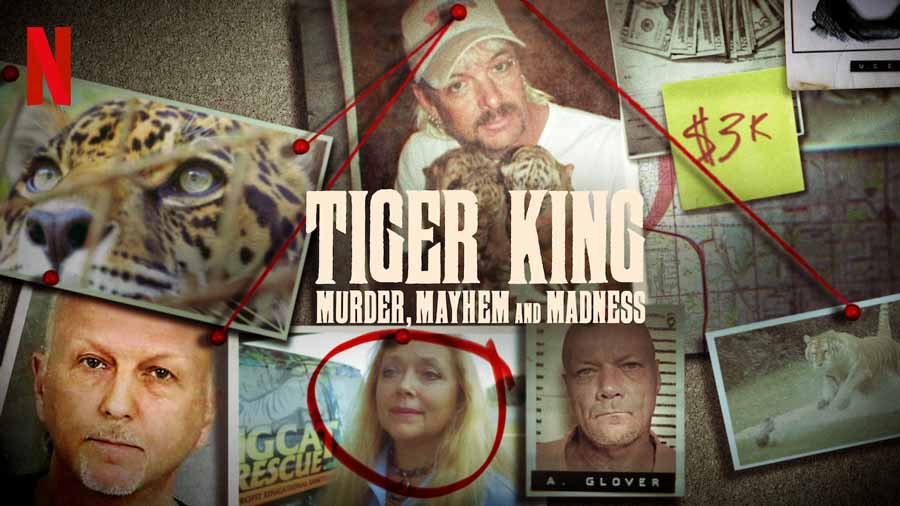With social distancing protocols now firmly in place, I ’ve had no problems justifying one of my favorite solo activities: binge-watching obscure documentaries at random hours of the day. Plus, I’ve found that doing so has been therapeutic- its kept me temporarily distracted from the horrors of the outside world, and I was able to take my mind off the epidemic for a bit.
Why documentaries in particular, you ask? Well, I believe it had something to do with my upbringing and, more specifically, with the influence of my liberal family.
Growing up, I was exposed to plenty of not-so-mainstream documentaries, many of them concerning various socio-political issues, with particular emphasis on animal welfare and vegetarianism. These appear to have had an impact on me. Just to give you an example, in elementary school, when I was till just 11 years old, I wrote a speech on the horrors of shark-finning after watching Rob Stewart’s harrowing, but powerful Sharkwater (2007).

To this day, controversial content regarding issues I am passion about is something that I continue to be fascinated by.
As I signed into my Netflix account, my attention was instantly drawn to the first recommendation on my screen: Tiger King: Murder, Mayhem, and Madness-, a seven-episode docu-series which was released on March 20th.
The show’s bold title and complex graphics (see photo above) instantly caught my eye.
After reading the description content and watching the trailer, I was even more intrigued. The show was described as true crime narrative about Joe Exotic, a wildcat enthusiast, who owned multiple big cats and other animals which he kept at a zoo. The series takes a closer look into Joe and his seething hatred for animal rights activist Carole Baskin, who owns a big cat rescue.
It seemed right up my alley, with me being an animal rights advocate who’s currently cooped up indoors.
Season one of Netflix’s Tiger King: Murder, Mayhem is exactly just that. The absurdity of this documentary is what makes it so captivating. The focus of the docu-series is the drama within the exotic animal-owner community in the American South. While following along with the antics of each episode, viewers are exposed to three of the largest exotic animal collectors who are highly competitive with one another in the eco-tourism/exotic animal exhibit market. Some of the antics are more serious than others, such as the unveiling of sex cults, suspicious building fires, and even murder accusations.
A portion of the series follows the enticing real-life story of an eccentric (to put it lightly), exotic-animal obsessed man operating a roadside zoo in Oklahoma, who goes by the name of Joe Exotica (see photo on the below. His personality alone is almost enough to express the show’s madness. He is an aggressive yet oddly sociable westerner who marches to the beat of his own (overtly confident) drum. Joe is currently married to multiple men, has a mildly concerning criminal record, but is extremely open with the public about his lifestyle.
Ultimately. he was a wannabe big shot. He craves attention and does whatever it takes to get it.

To illustrate this observation, I offer up the following example: in season one, episode five, Joe hands out condoms (see photo below) with his face on the packaging as part of his campaign running for Governor of Oklahoma, even though the local community collectively thought he was a laughing stalk for even running.

Joe loved attention so much that he hired a random producer named Rick in order to showcase his exotic zoo extravaganzas to his YouTube followers. Once Rick lived at the zoo and recorded every waking minute of Joe’s outlandish activity, he had an epiphany: why not gather enough content to produce a documentary series. This obviously worked out pretty well, as his footage is the framework of series currently being reviewed.
Rick and Joe were total opposites: Rick is an average guy who is; pretty smart, just looking for an opportunity to make some money logically. He doesn’t necessarily click with Joe or even agree with his practices. Naturally, because of this tension, Rick and Joe fight endlessly about who has ownership of the content. Evidently, as I am currently reviewing Rick Kirkman’s production of Tiger King: “Murder, Mayhem, and Madness”, Rick had the brains and the contract to plead his case and claim ownership of all content he had recorded, and obviously succeeded in publishing it.
Once Joe realized that the reality show would be starring him, his thought process changed entirely. Suddenly, Joe Exotica realizes that this attention, although it may be negative, will gain him further publicity and potentially generate revenue which are the two things he strives for most in his life. In episode four, Kirkman comments on his partners narcissism, stating that:
“Joe Exotica evidently would love a reality show [because] Joe owned the world in his head”.
The idea stated above that Joe owned the world in his head is most definitely observable throughout the series. Joe does what he wants when he wants and doesn’t care who he hurts in the process.
Over all, the docu-series is undeniably fascinating, entertaining, and sickening all at once.
However, in my vegan animal activist, opinion, the details exposed throughout the show are hardly impactful on a wider scale.
Looking on the bright side though, I can see how a new and exciting series like Tiger King: Murder, Mayhem exists as a potentially binge-worthy series for many others. If the show ends up being a hot topic amidst the public sphere, it holds the potential to spark a wider global conversation regarding the mistreatment of exotic animals in the eco-tourism/wildlife industry.
